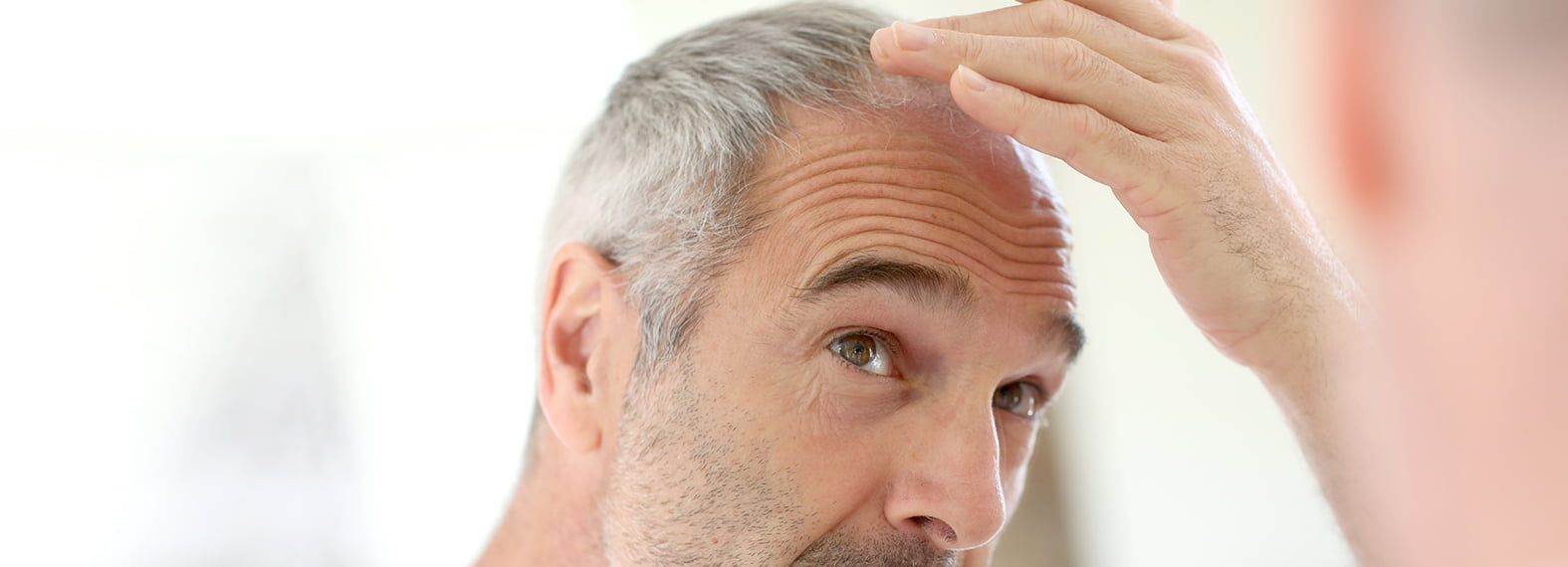Psoriasis often impairs patients’ quality of life, affecting them psychologically, socially and professionally. The aim of Swiss Derma Clinic’s treatment protocols is to improve patients’ quality of life by eliminating their symptoms.
In addition, psoriasis is associated with metabolic syndrome (diabetes, high blood pressure, abdominal obesity and elevated blood lipids) as well as joint complaints. At Swiss Derma Clinic, we tackle patients’ symptoms and deliver consistent care.

